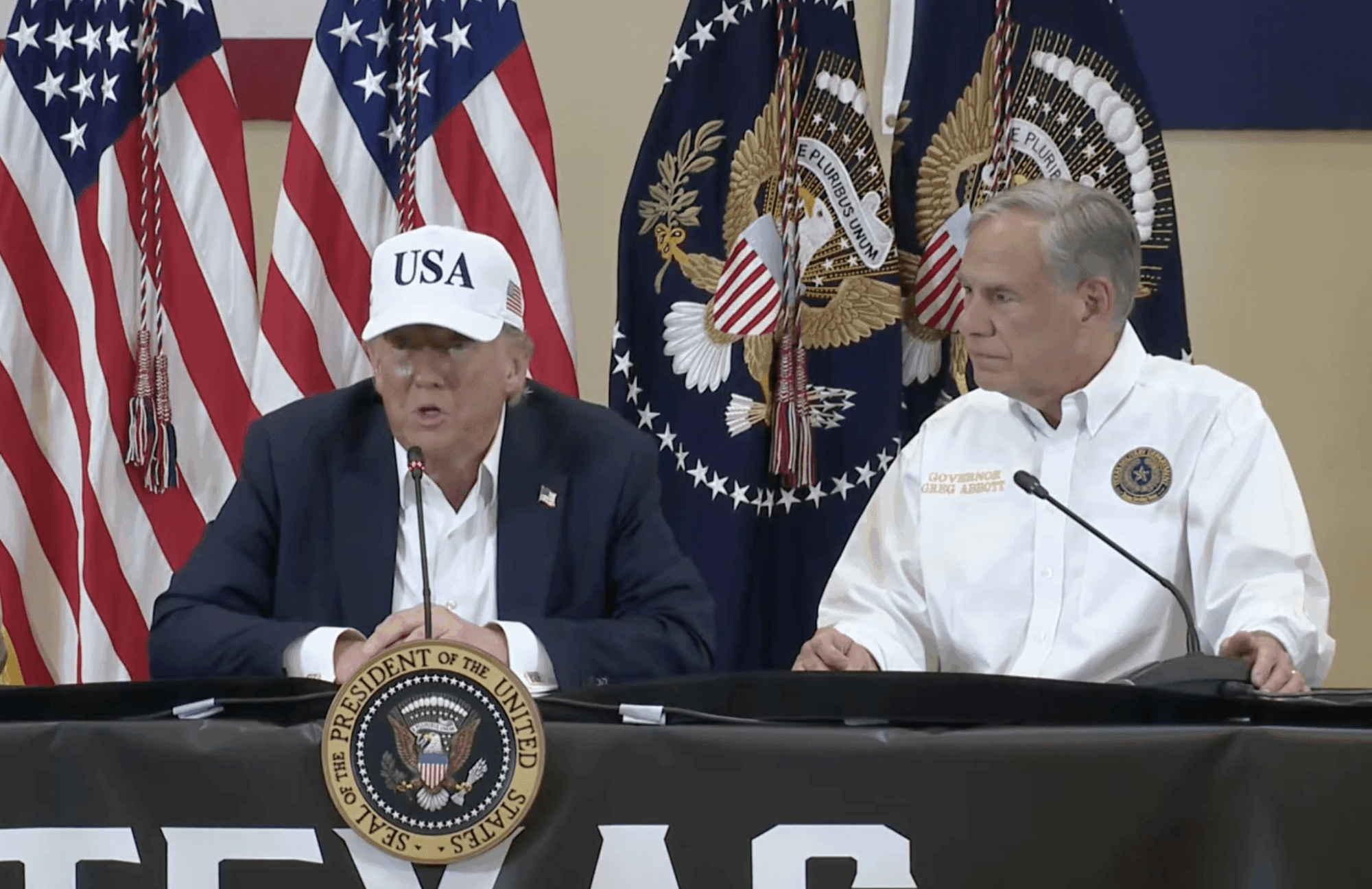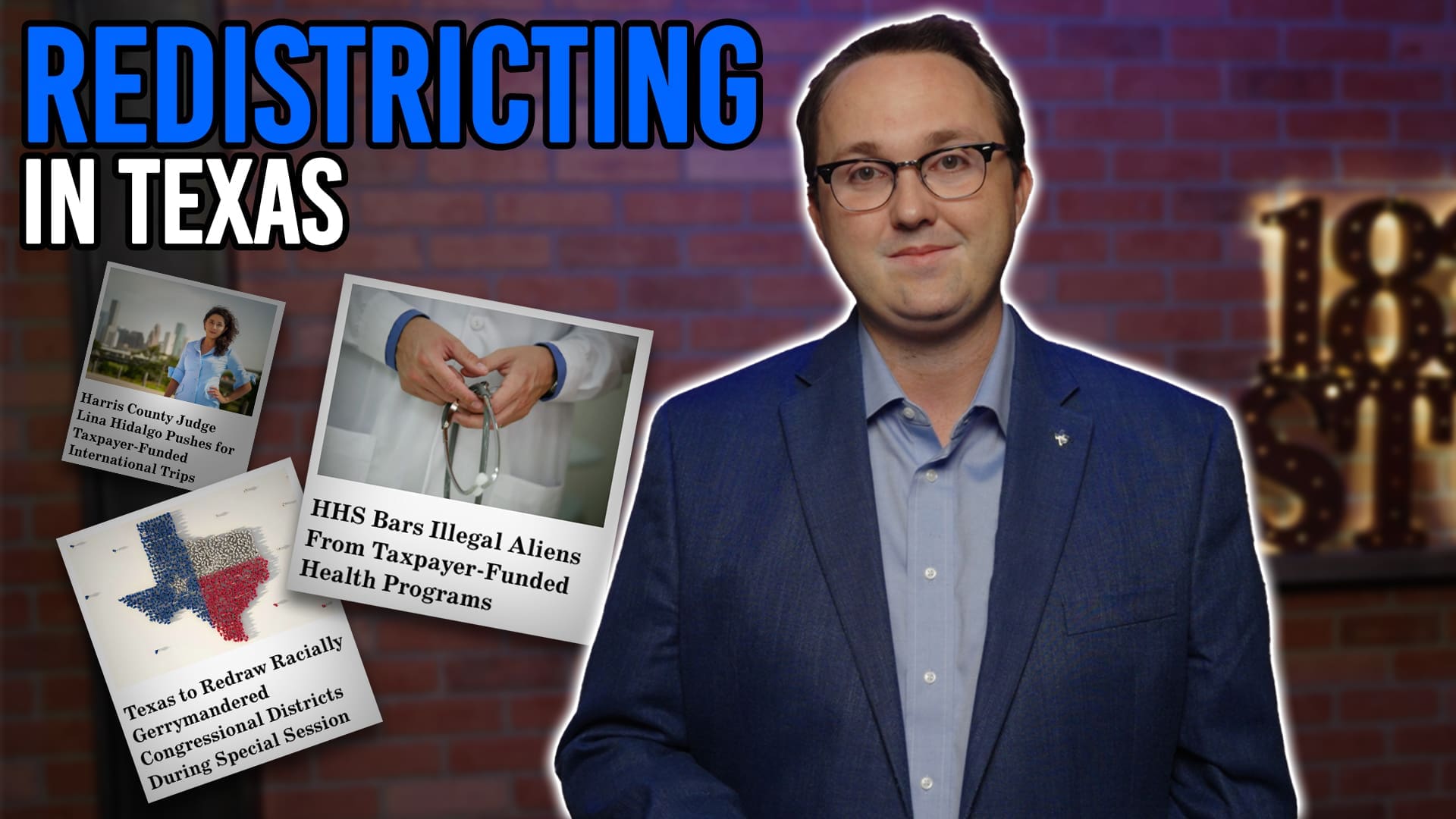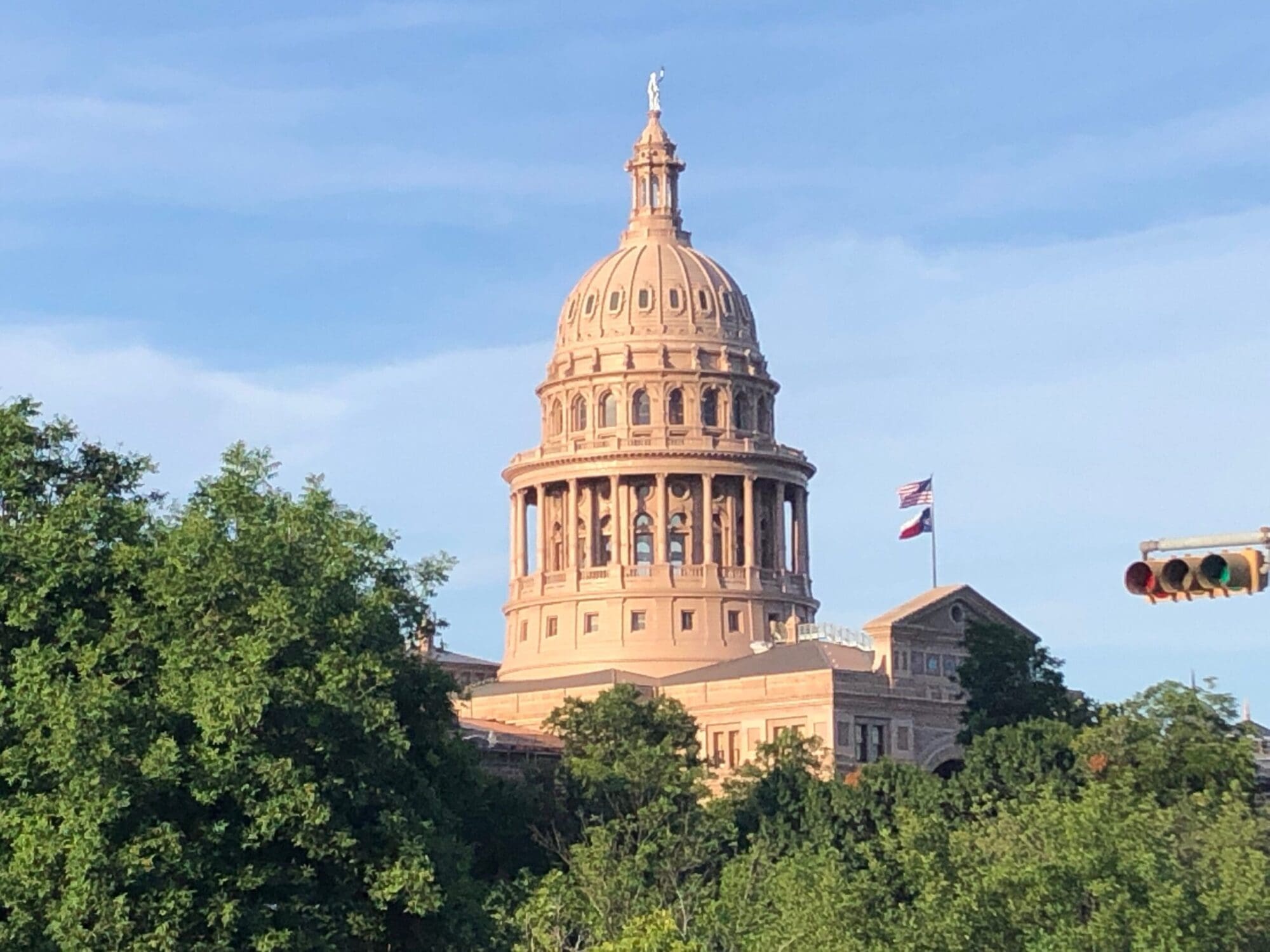A lawsuit currently pending in Amarillo district court is set to determine the legality of the City of Amarillo’s use of taxpayer-funded debt to finance a rebuild of the Amarillo Civic Center Complex after voters twice turned down the project at the ballot box.
The lawsuit, brought forward by businessman Alex Fairly, takes aim at the city council’s use of $260 million in anticipation notes to fund a rebuild of the Amarillo Civic Center Complex. The city council voted to issue the debt earlier this year despite voter rejection of similar plans for the Amarillo Civic Center in 2016 and 2020.
Fairly’s lawsuit—which advanced to a trial last week after numerous attempts by the City of Amarillo to have the case tossed out of court—addresses two concerns dealing with the debt issuance: the legality of using tax anticipation notes for the project, and whether or not members of the Amarillo City Council violated the Texas Open Meetings Act when voting to issue the debt.
On the tax anticipation notes issue, Fairly has pointed out that this debt issuance is the largest ever attempted by a Texas local government using anticipation notes. According to the Texas Municipal League, anticipation notes are “a debt instrument that a city may sell to finance the construction of public works; the purchase of supplies, land, and rights-of-way for public works; to pay professional services; to pay operating expenses; or to pay off cash flow deficits.” Fairly’s team has pointed out that the largest tax anticipation note debt issuance in Texas history occurred in San Antonio in 2007 when the city issued $60 million in debt for drainage, fire station, and flood control projects.
Fairly’s ire toward the city council for the attempted debt issuance and the possible illegality of using tax anticipation notes culminated last month, with Fairly delivering remarks to the Texas Senate Committee on Local Government. Fairly’s remarks at the committee hearing prompted some legislators to call for reforms to the debt issuance options for Texas local governments.
The Texas Open Meetings Act component of the lawsuit has perhaps spurred the most local interest after it was revealed that members of the Amarillo City Council might have participated in a rolling quorum prior to voting on issuing the debt. Additionally, city staff incorrectly listed the agenda item as “tax and revenue notes,” leading some citizens to believe that the debt could be paid off, in part, with designated non-tax revenues, despite no plans by city leaders to do so. Fairly’s team has argued that by incorrectly listing the item on the agenda, the city council violated the Texas Open Meetings Act when they voted to issue the debt.
The revelations regarding the city council’s potential open meetings violations have spurred calls for reforms in Amarillo, with the Potter County Republican Party voting last month to support a resolution calling on legislators to make violations of the rolling quorum provision of the Texas Open Meetings Act a felony in the upcoming 2023 legislative session.
Where things stand right now
Last week, retired District Judge William Sowder heard arguments from Fairly’s legal team, led by T. Lynn Walden; the City of Amarillo’s legal team, led by Paul Trahan; and the Texas Attorney General’s Office, represented by Alyssa Bixby-Lawson. Sowder was called in to hear arguments in the trial after District Judge Pamela Cook Sirmon recused herself from the proceedings.
Fairly’s team’s arguments centered around alleged violations of the Texas Open Meetings Act, the legality of the debt issuance, and the alleged secretive deliberations that the city council undertook before issuing the debt. Meanwhile, the City of Amarillo’s legal team defended the debt issuance in their arguments, arguing that the debt issuance was legal and that the Texas Open Meetings Act was not violated when the city council voted for the debt issuance, considering that an agenda was published in a timely fashion for the meeting, regardless of the mistakes made in the item’s wording.
Arguments from Bixby-Lawson, on behalf of the Texas Attorney General’s Office, drew some of the most intense interest of the trial, after Bixby-Lawson argued that “something feels remiss” with the debt issuance, going on to say she did not believe the City of Amarillo’s debt issuance was in line with the spirit of existing state law.
During the actual trial, much of the information stated had already been released to the public. However, two new revelations about the debt issuance did come from the trial. First, it was learned that only Mayor Ginger Nelson and Councilman Howard Smith were provided with copies of the ordinance issuing the debt before the meeting. Councilman Cole Stanley testified that he was not given a copy of the ordinance issuing the debt until the day after the city council meeting was held (during which the city council voted to issue the debt).
Another major revelation about the case came when Nelson testified that “very preliminary” discussions took place about attracting a sports team to be an anchor tenant for the civic center following the proposed rebuild, which Fairly’s team argued would have made the project ineligible to be classified as a capital project, and thus ineligible to be financed through tax anticipation notes.
What to expect in the coming days
Sowder has stated he will deliver a ruling in the case sometime this week. Meanwhile, the legal teams for Fairly and the City of Amarillo will meet in a hearing on Tuesday to discuss attorney fees.





